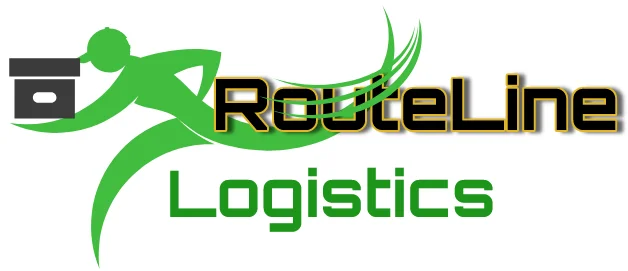Learn about critical customs documents including commercial invoices, bills of lading, and certificates of origin for smooth international shipping.
**Commercial Invoice**
The commercial invoice serves as the primary document for customs valuation and duty calculation. It must include accurate product descriptions, quantities, values, and terms of sale. Proper invoice preparation prevents delays and additional scrutiny.
**Bill of Lading**
Bills of lading serve as receipts, contracts of carriage, and documents of title. Ocean bills of lading and air waybills have different characteristics and legal implications. Electronic bills of lading are increasingly accepted for faster processing.
**Packing List**
Detailed packing lists describe cargo contents, packaging, and weights. This information helps customs officers verify shipment contents and assess duty obligations. Accurate packing lists expedite inspection processes.
**Certificate of Origin**
Certificates of origin verify where goods were manufactured and may qualify shipments for preferential duty treatment under trade agreements. Different types of certificates serve various purposes and requirements.
**Import/Export Licenses**
Certain products require special licenses or permits for import or export. These may include agricultural products, controlled substances, or strategic materials. License requirements vary by country and product type.
**Insurance Documents**
Marine insurance certificates provide evidence of cargo coverage and may be required for certain transactions. Insurance documentation should align with Incoterms and contract requirements.
**Specialized Certificates**
Some products require additional certificates such as health certificates for food products, phytosanitary certificates for plants, or conformity certificates for regulated goods.
**Digital Documentation**
Electronic documentation systems are streamlining customs processes and reducing paper handling. Digital signatures and blockchain technology are enhancing security and efficiency.
Proper documentation preparation requires attention to detail, regulatory knowledge, and coordination between multiple parties to ensure successful international shipments.
